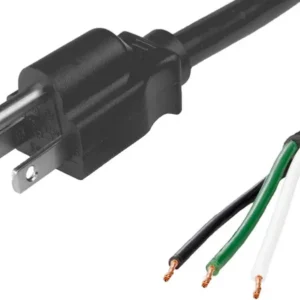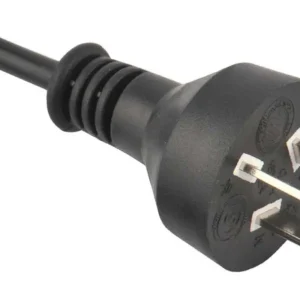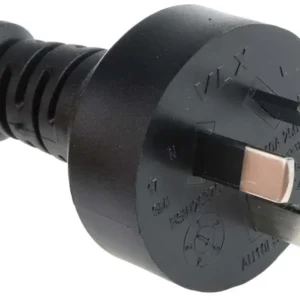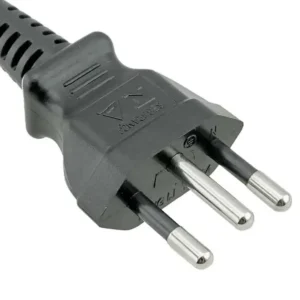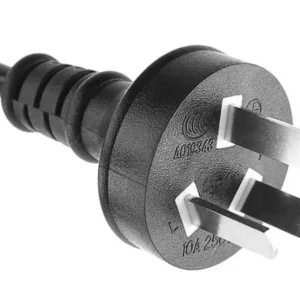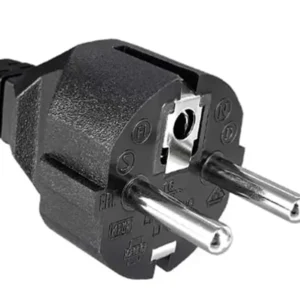Type D plugs, primarily used in India and Nepal, are known for their safety concerns. While still in use, these plugs are considered outdated in many regions.
Key features:
- Three round prongs in a triangular shape.
- Uninsulated pins: Risk of electrical shock if touched when partially inserted.
- Non-grounded: Can cause sparks and circuit breaker trips when used with grounded appliances.
- Limited compatibility: Only fully compatible with type D sockets and some type M sockets.
Safety risks:
- Exposed live pins: Can cause electric shock when partially inserted or pulled out.
- Non-recessed sockets: Increase risk of accidental contact with live pins.
- Incompatible with grounded plugs: Can cause sparking, circuit breaker trips, and potential fire hazards.
Important notes:
- Do not use type D plugs with appliances requiring grounding (e.g., refrigerators, washing machines).
- Avoid forcing type E/F plugs into type D sockets due to serious safety hazards.
- Exercise caution around type D plugs and sockets, especially with children present.
Additional information:
While rarely encountered, type D sockets might be found in older UK hotels. These are likely for specific purposes (DC power, controlled lighting) and should not be used with standard appliances.
Summary:
Type D plugs offer limited compatibility and pose safety risks compared to modern grounded plugs. While still used in some regions, their usage is discouraged due to safety concerns. Always exercise caution around type D plugs and sockets, and use appropriate adapters when traveling to ensure electrical safety.
